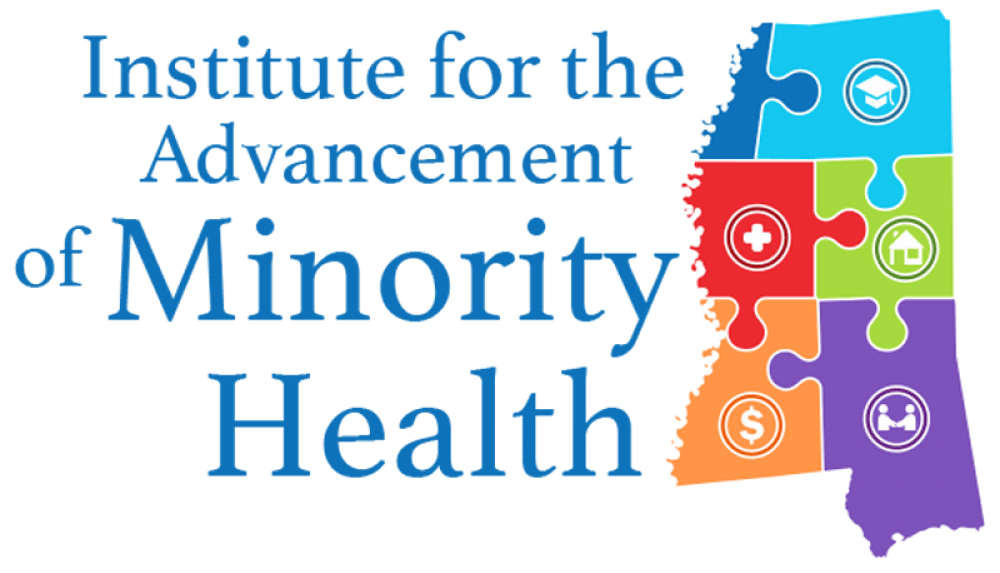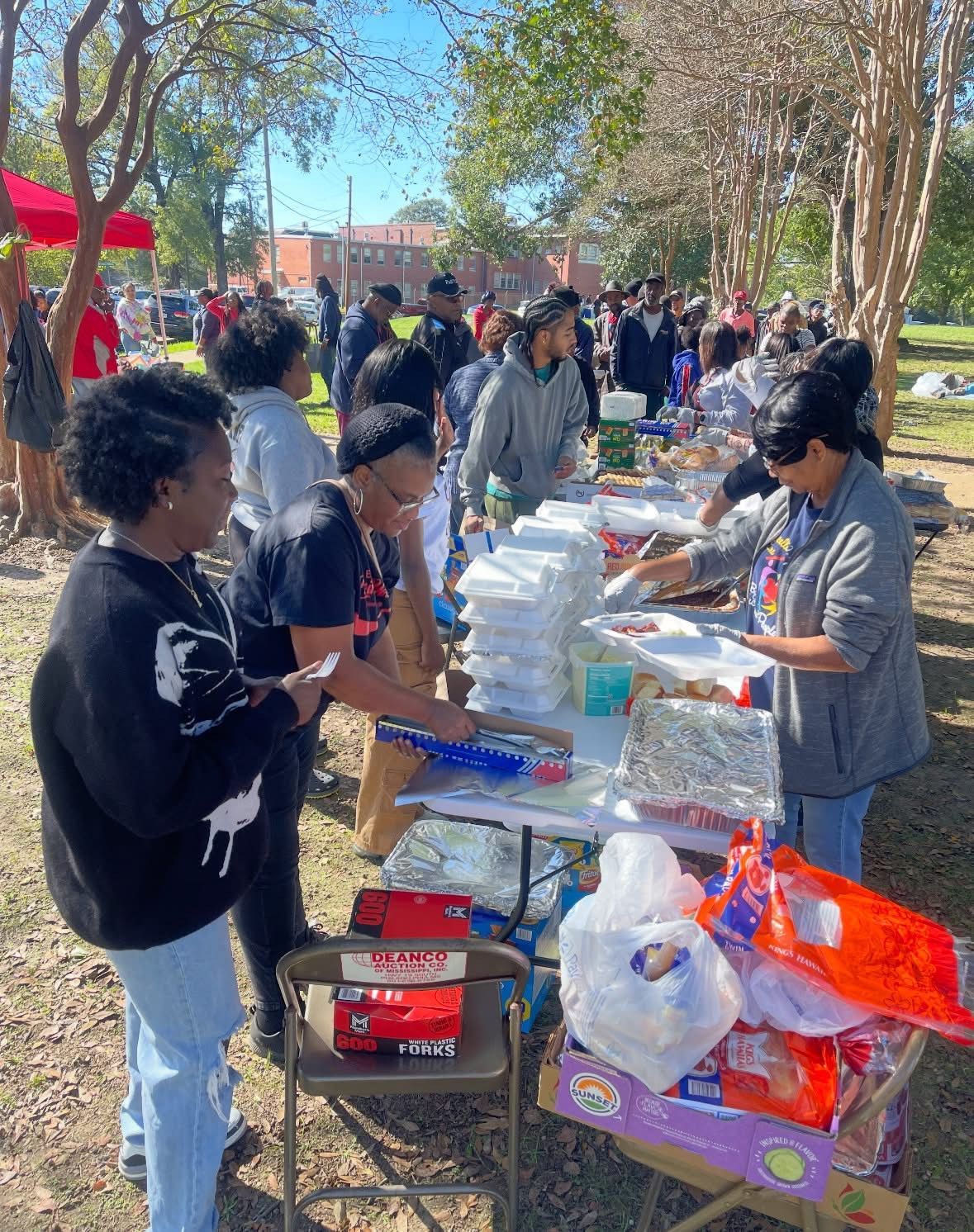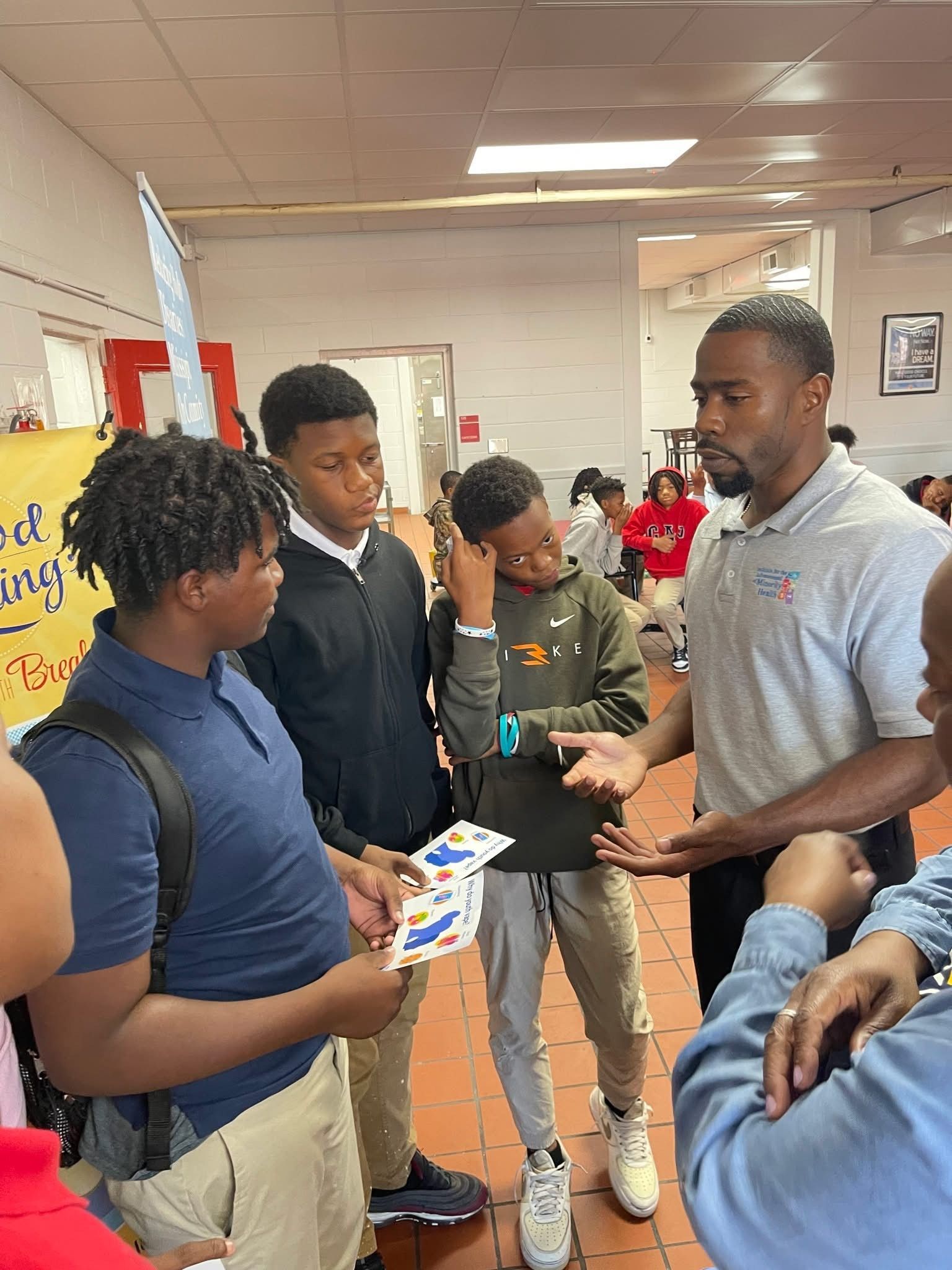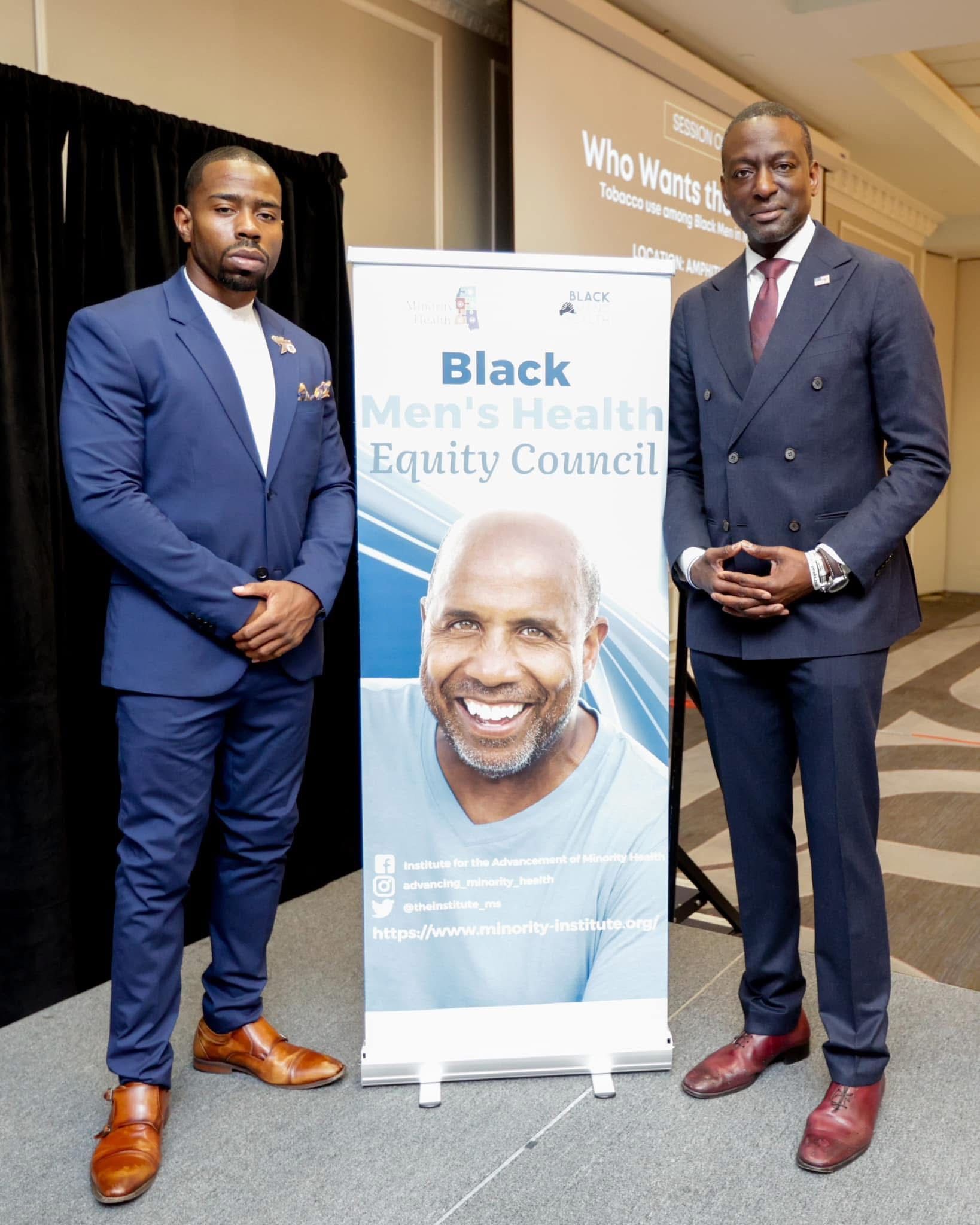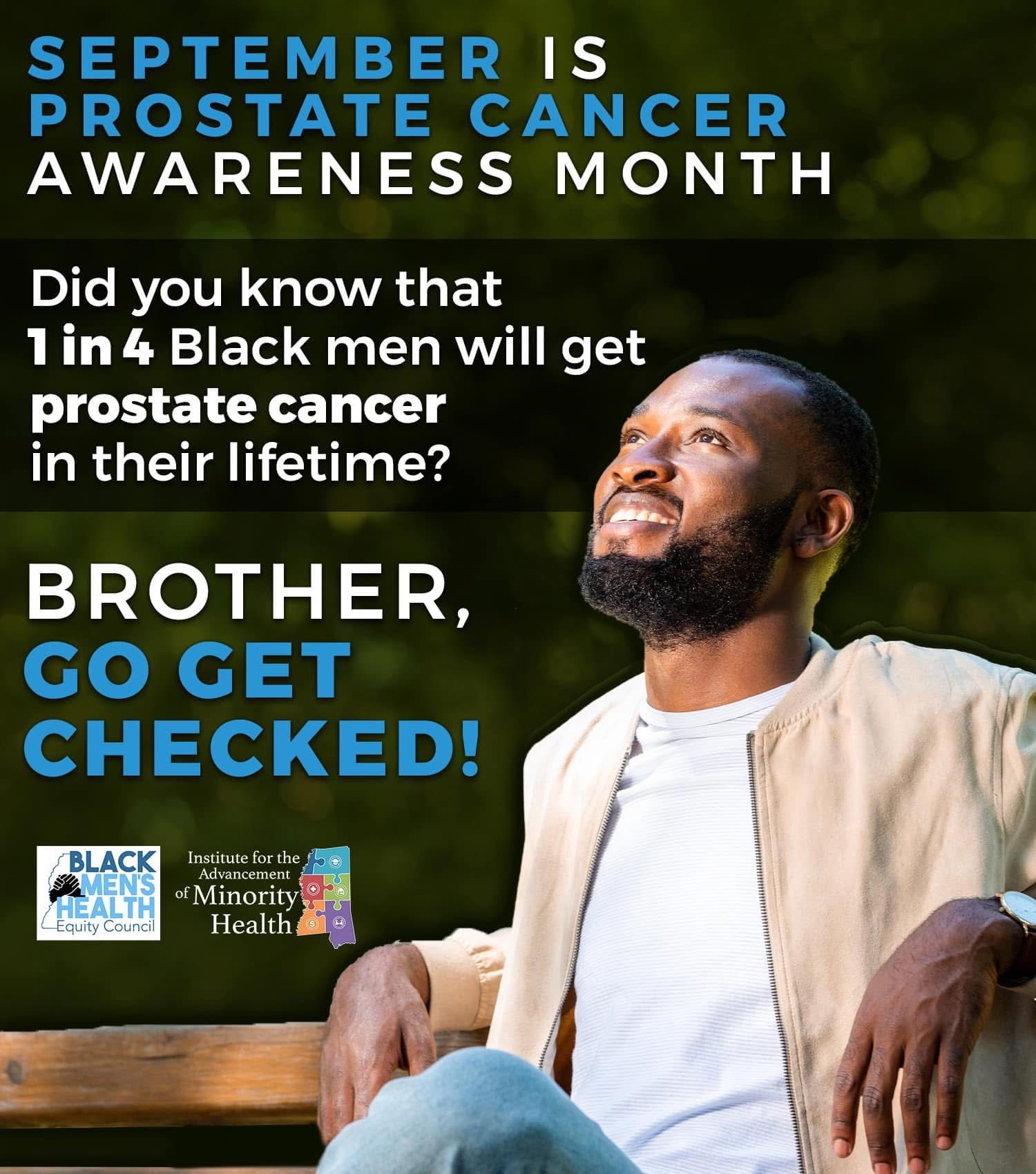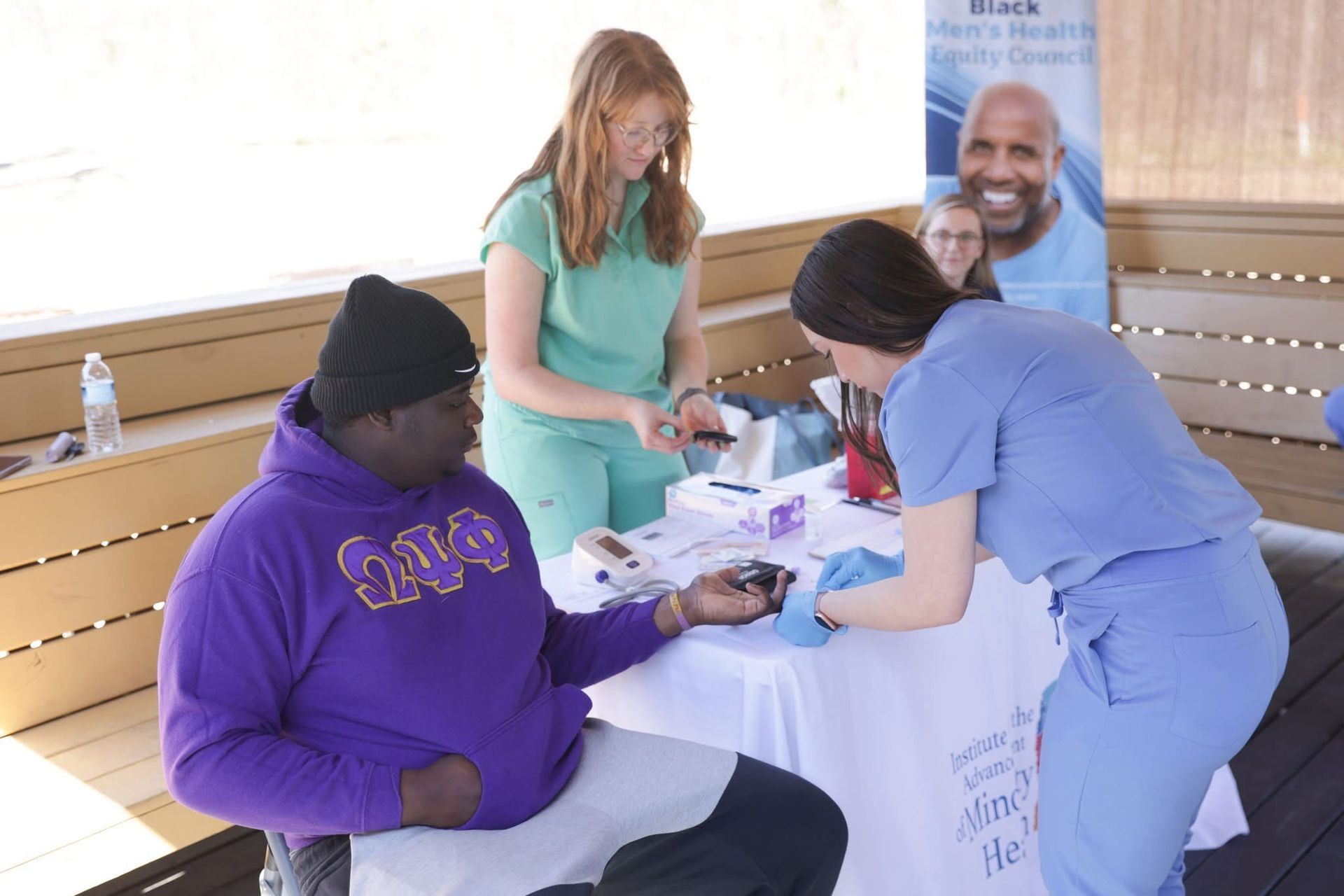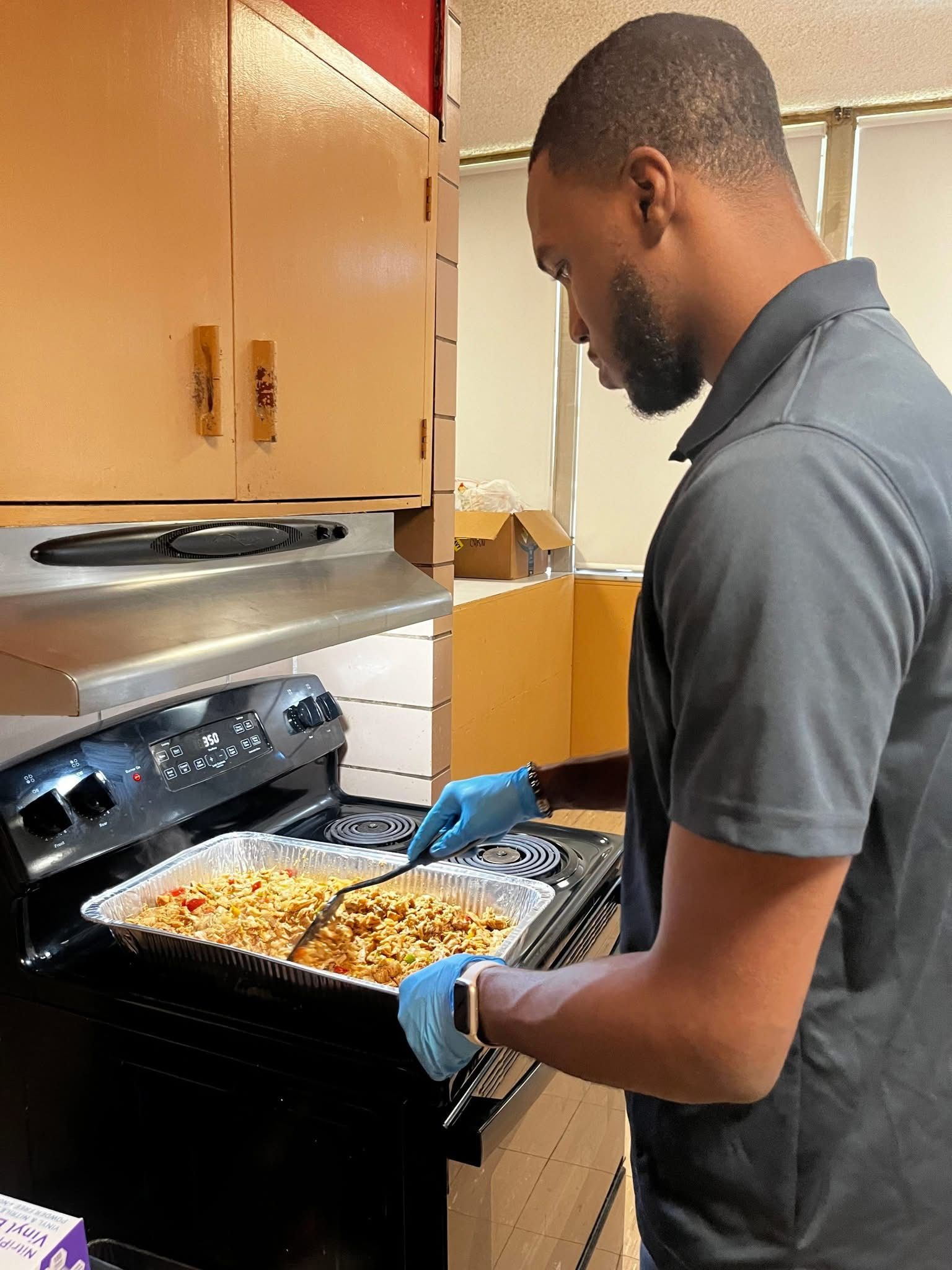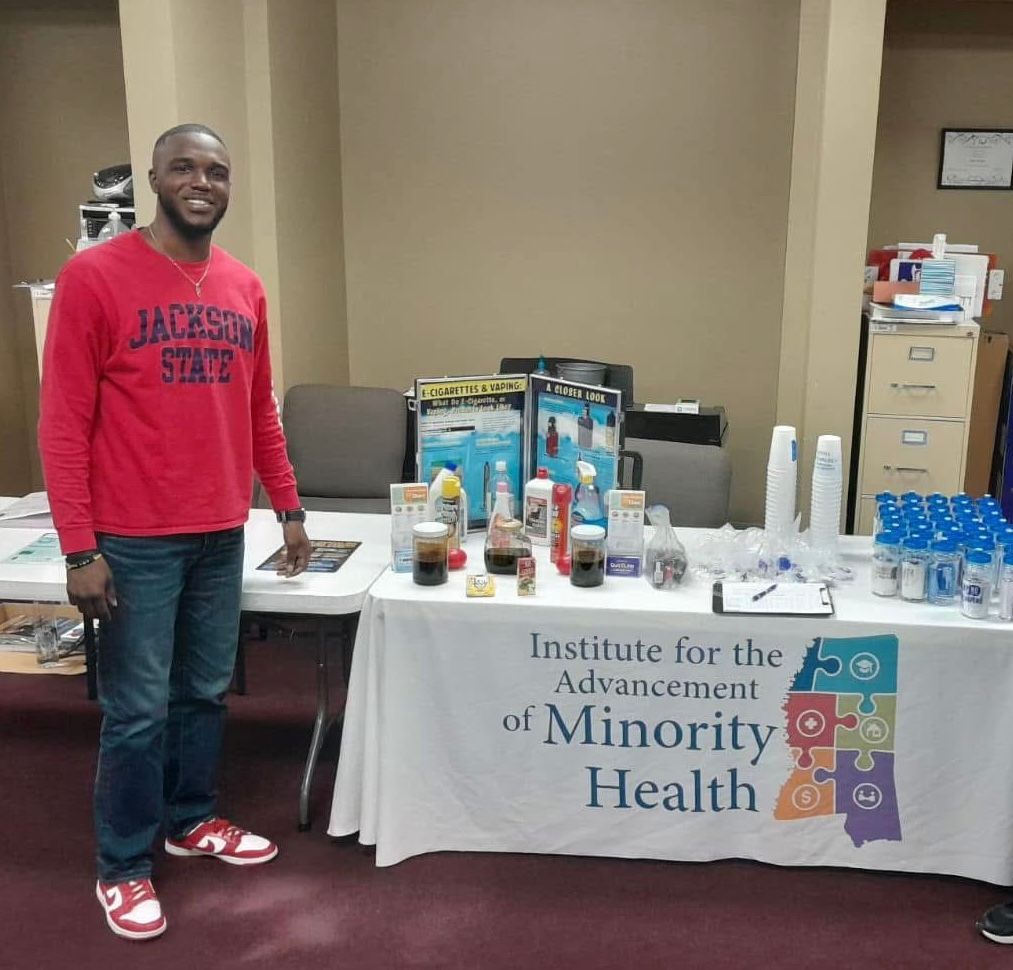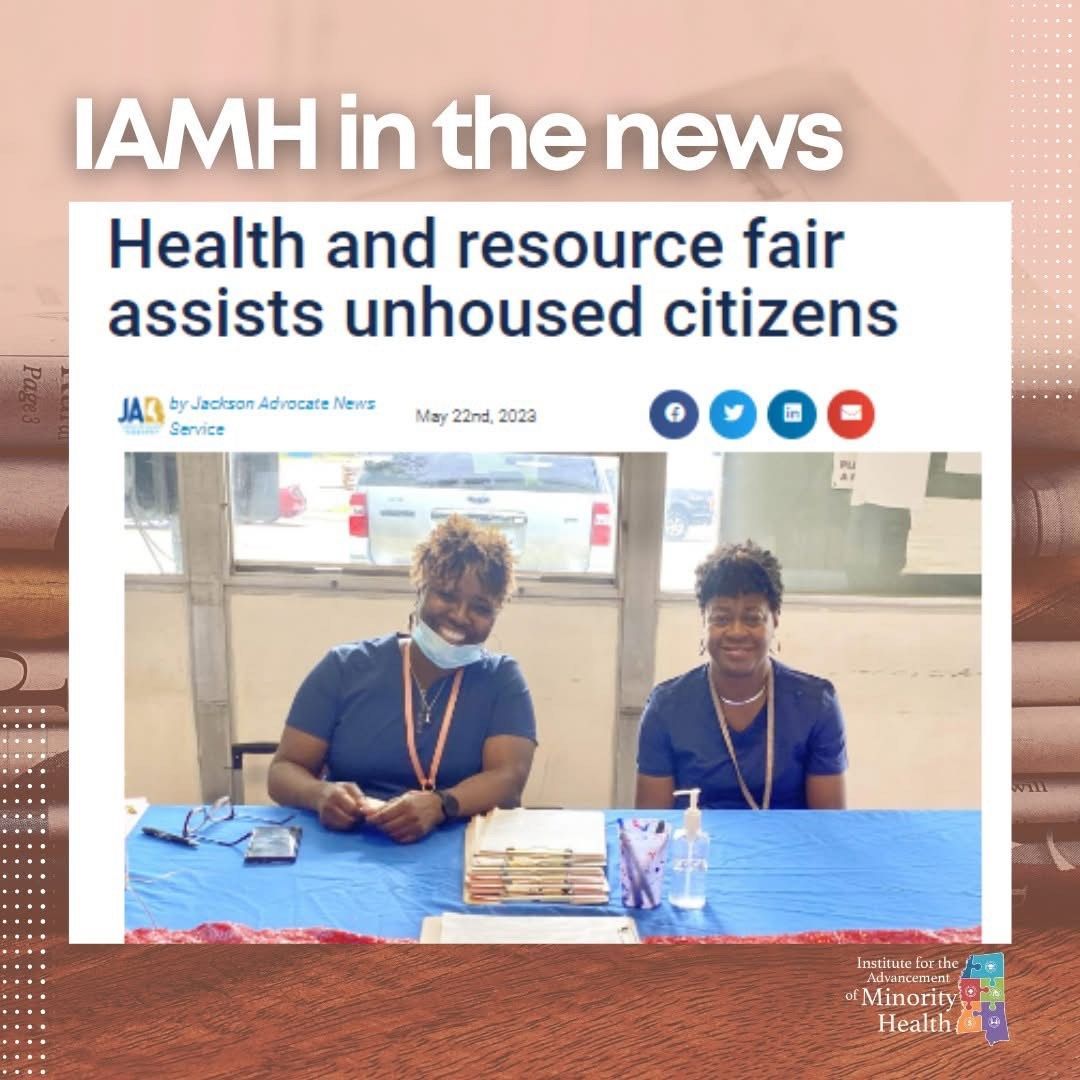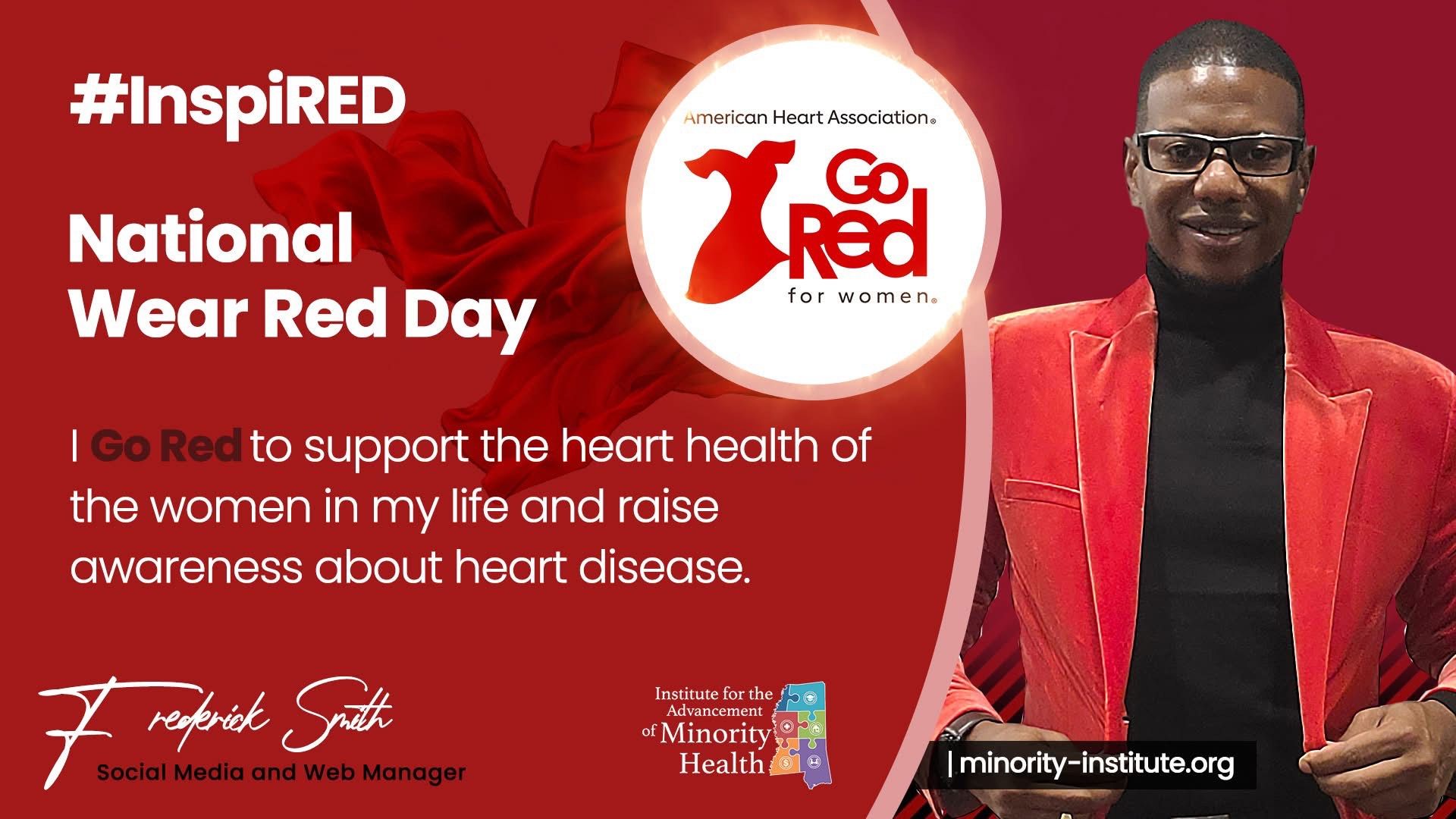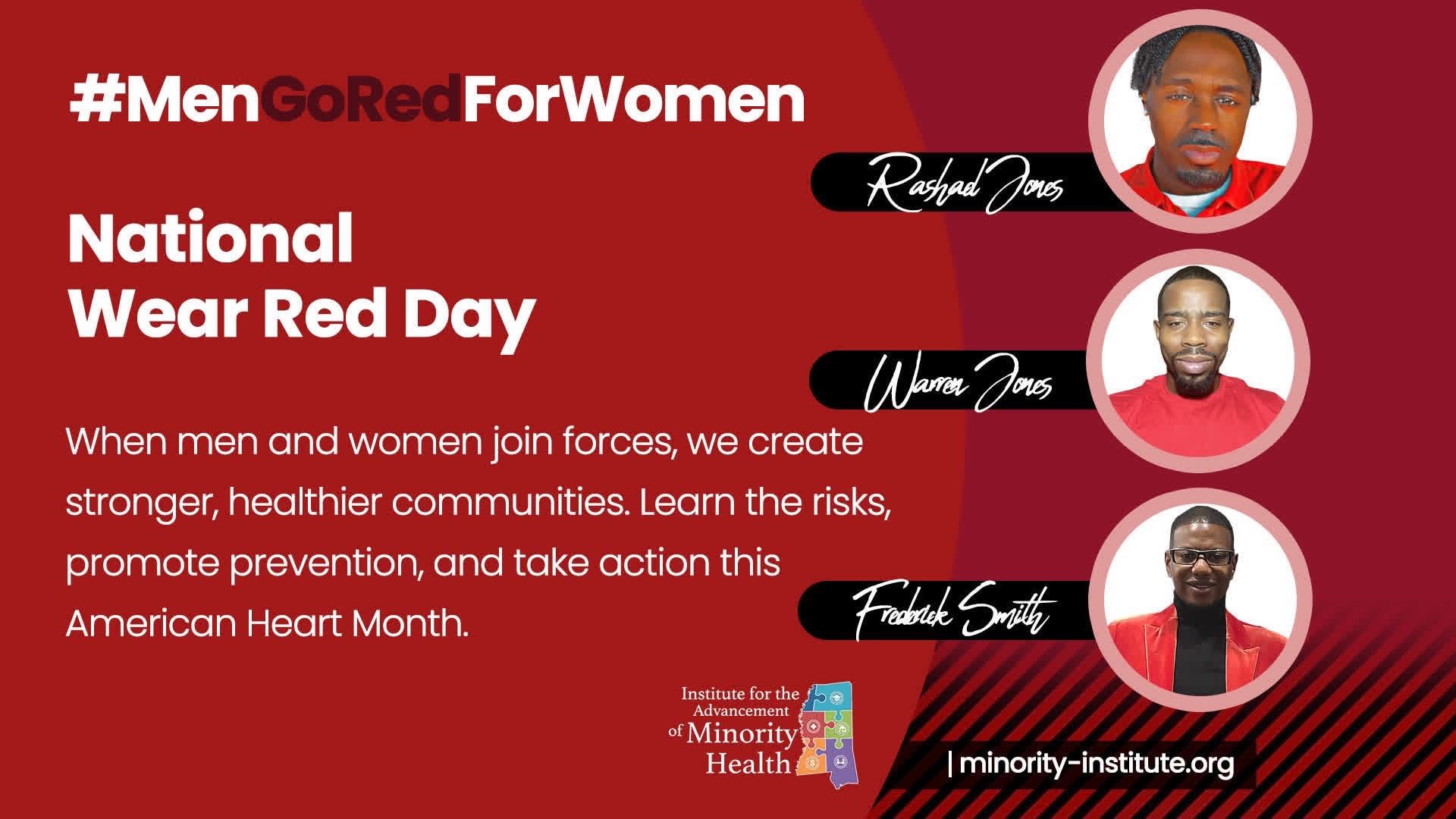The program maintains a consistent presence in the community through recurring outreach events:
Billy Brumfield Men’s Shelter Initiative: The Men’s Health program serves the unhoused at the Billy Brumfield Men’s Shelter. Every third Thursday at 5:30 p.m., Institute staff and various partners provide health education, screenings, and resources tailored to meet the needs of the unhoused population in the City of Jackson (MS).
Black Men’s Health Equity Council Task Force Meetings: The Black Men's Health Equity Council
is dedicated to advancing health equity for Black men in Mississippi. The council aims to revolutionize the well-being of Black males by enhancing the well-being of Black men holistically. The council focuses on imparting knowledge, raising awareness, delivering effective programs, and advocating for transformative policies. This stakeholder group meets every fourth Thursday at 5 p.m., at Tougaloo College (Tougaloo, MS).
Choppin’ It Up Barbershop Series:
The Centers for Disease Control and Prevention says Black men tend to have less frequent contact with physicians and other health professionals than their white counterparts. The Choppin’ It Up Barbershop Series is an innovative, hands-on way to provide wellness services in a comfortable environment. Culturally, the barbershop is a safe space for Black men. Through this series, Black men with access to medical personnel, basic health screenings, and wellness information that will reduce and prevent chronic illnesses. The series is implemented in Hinds County.
